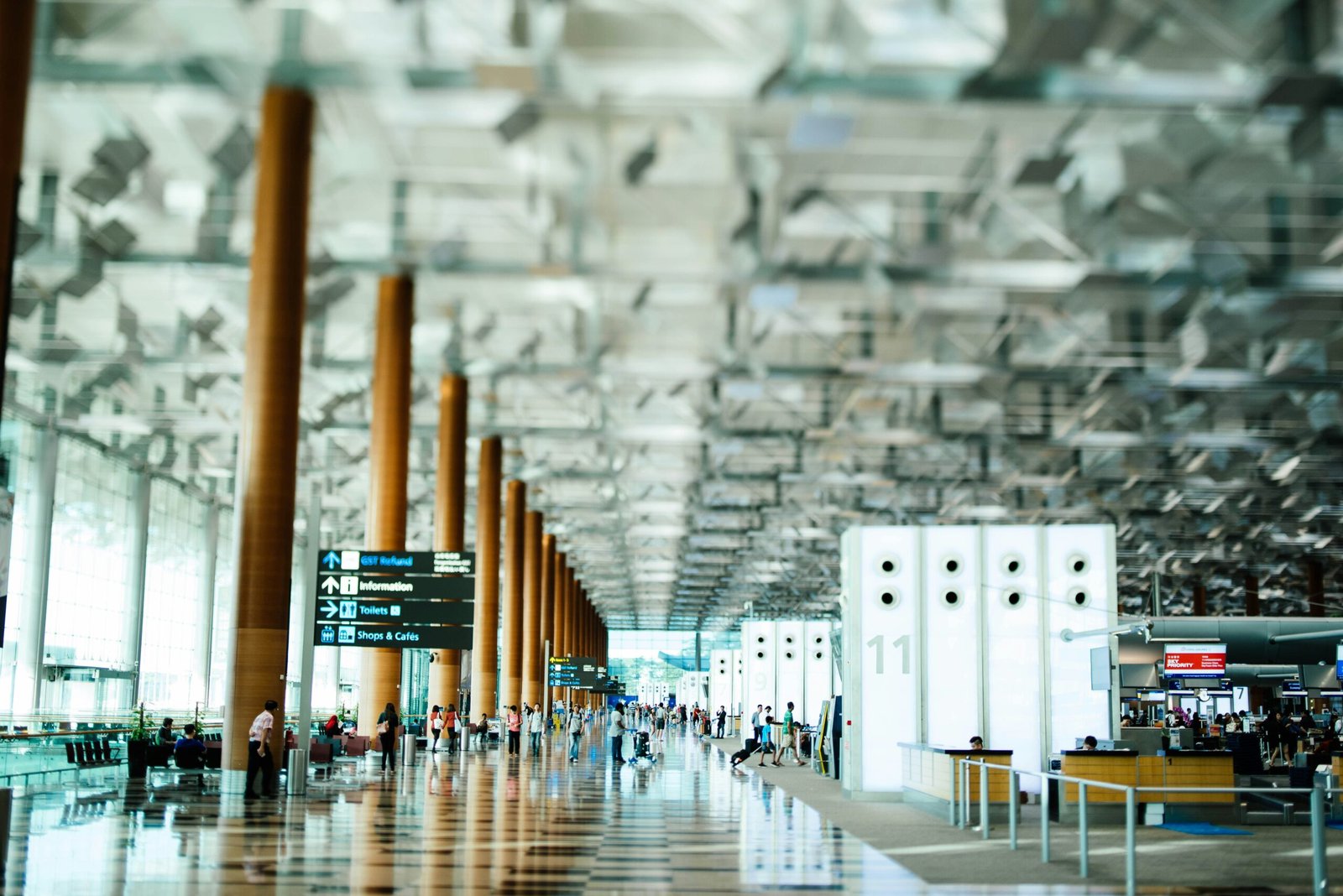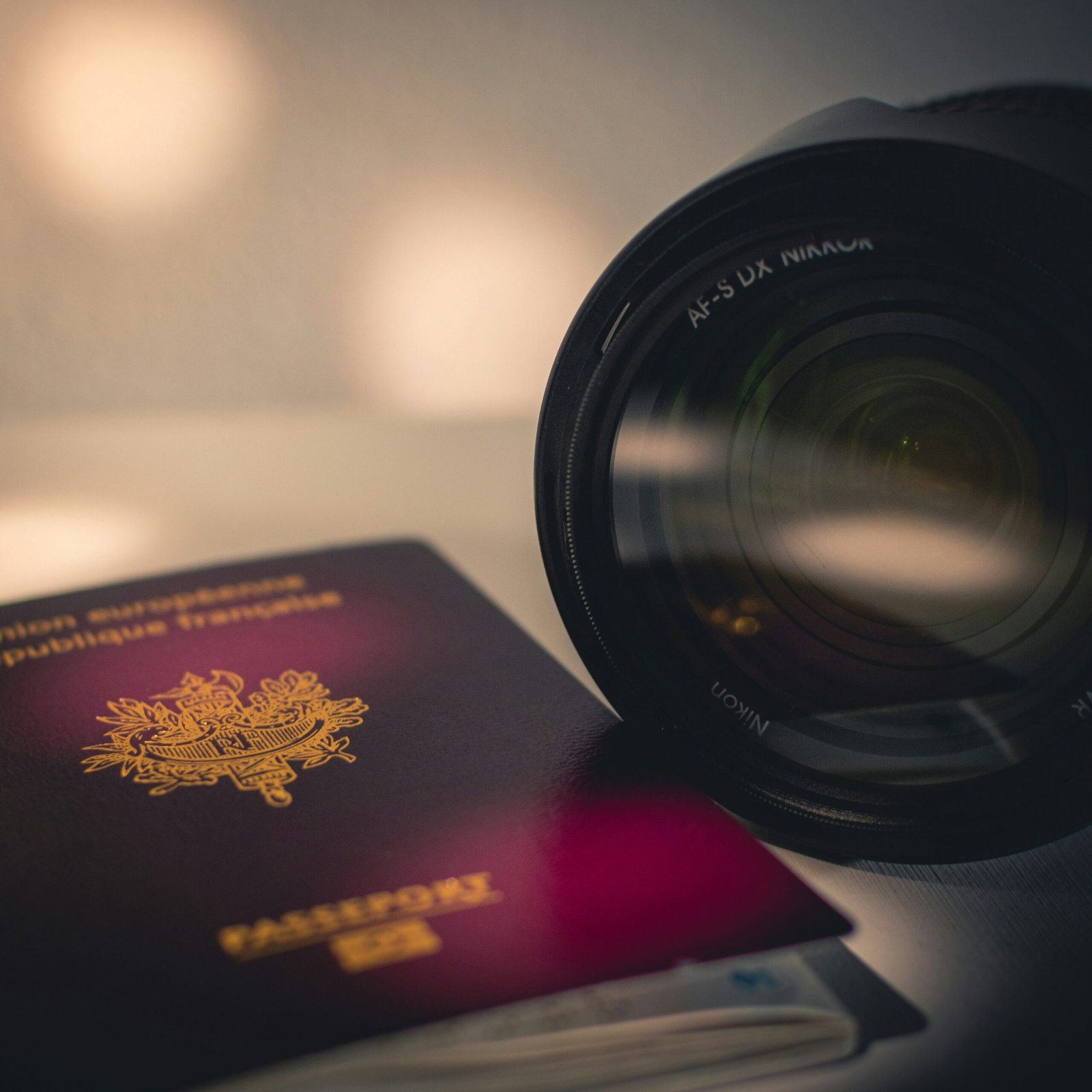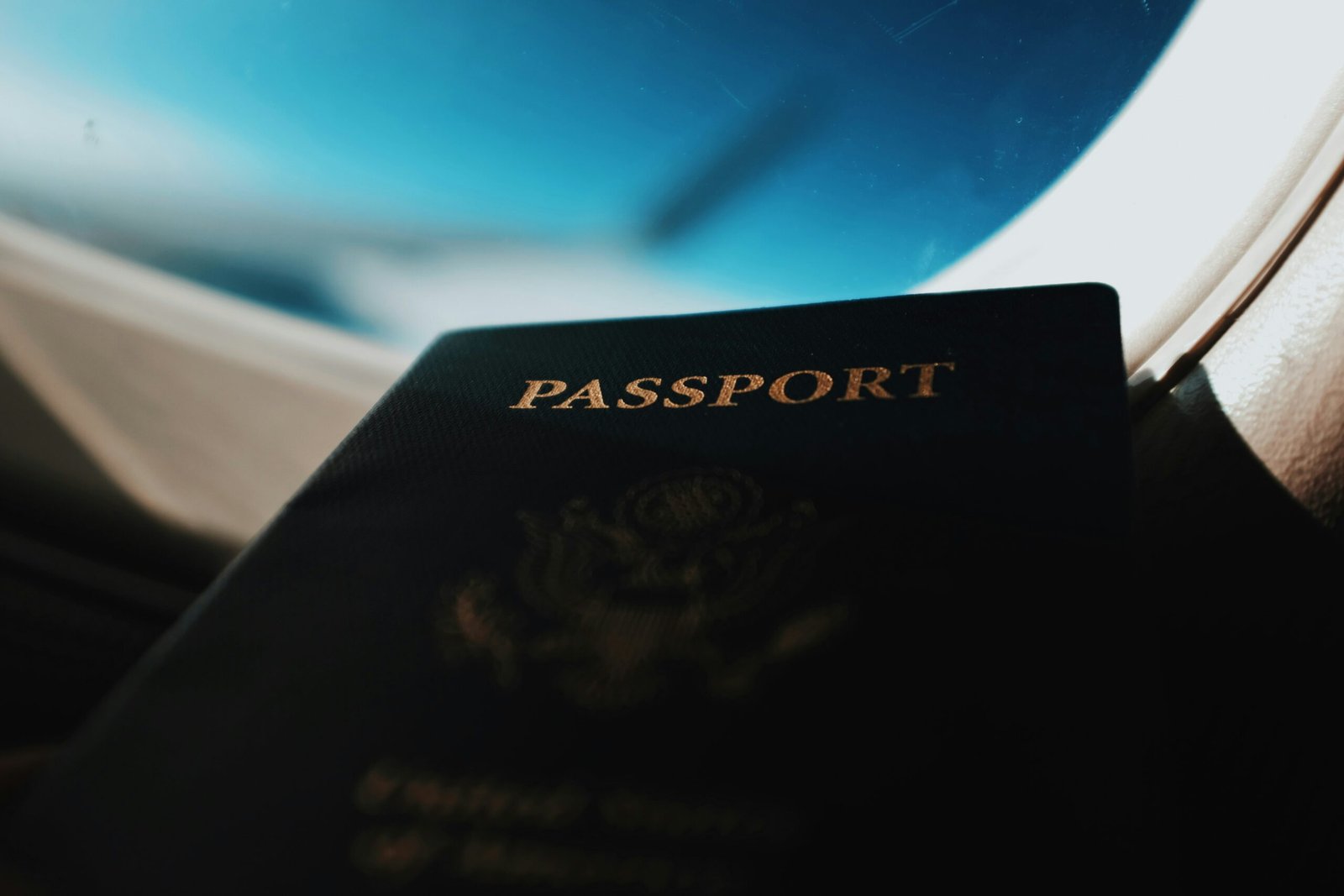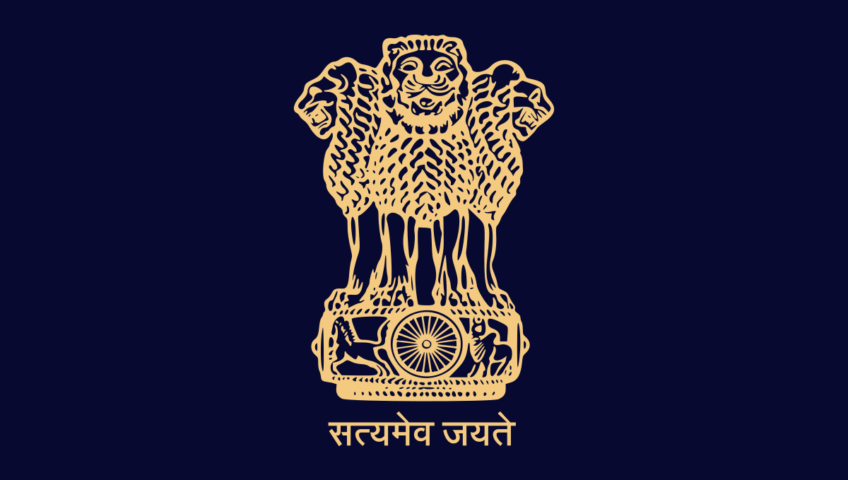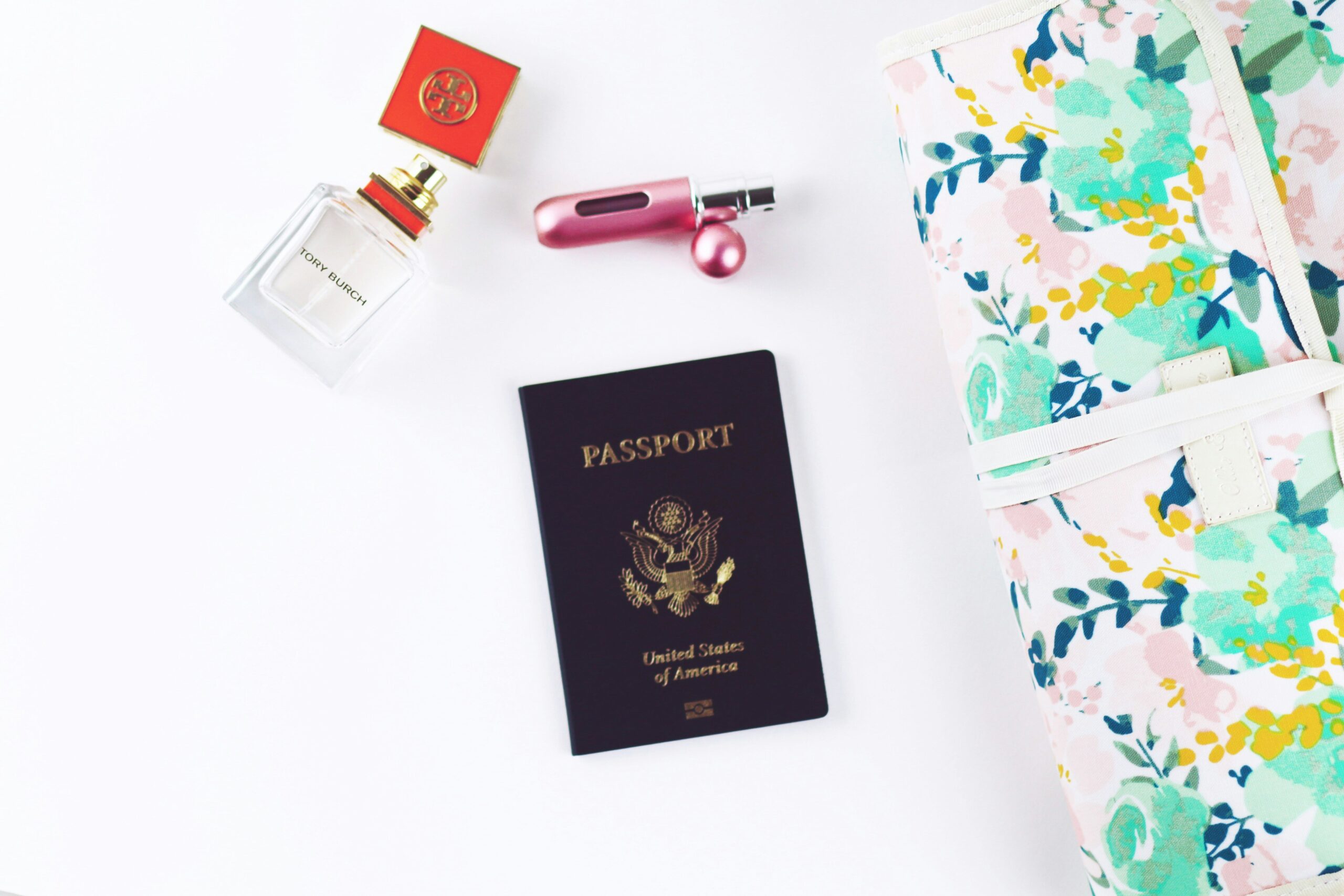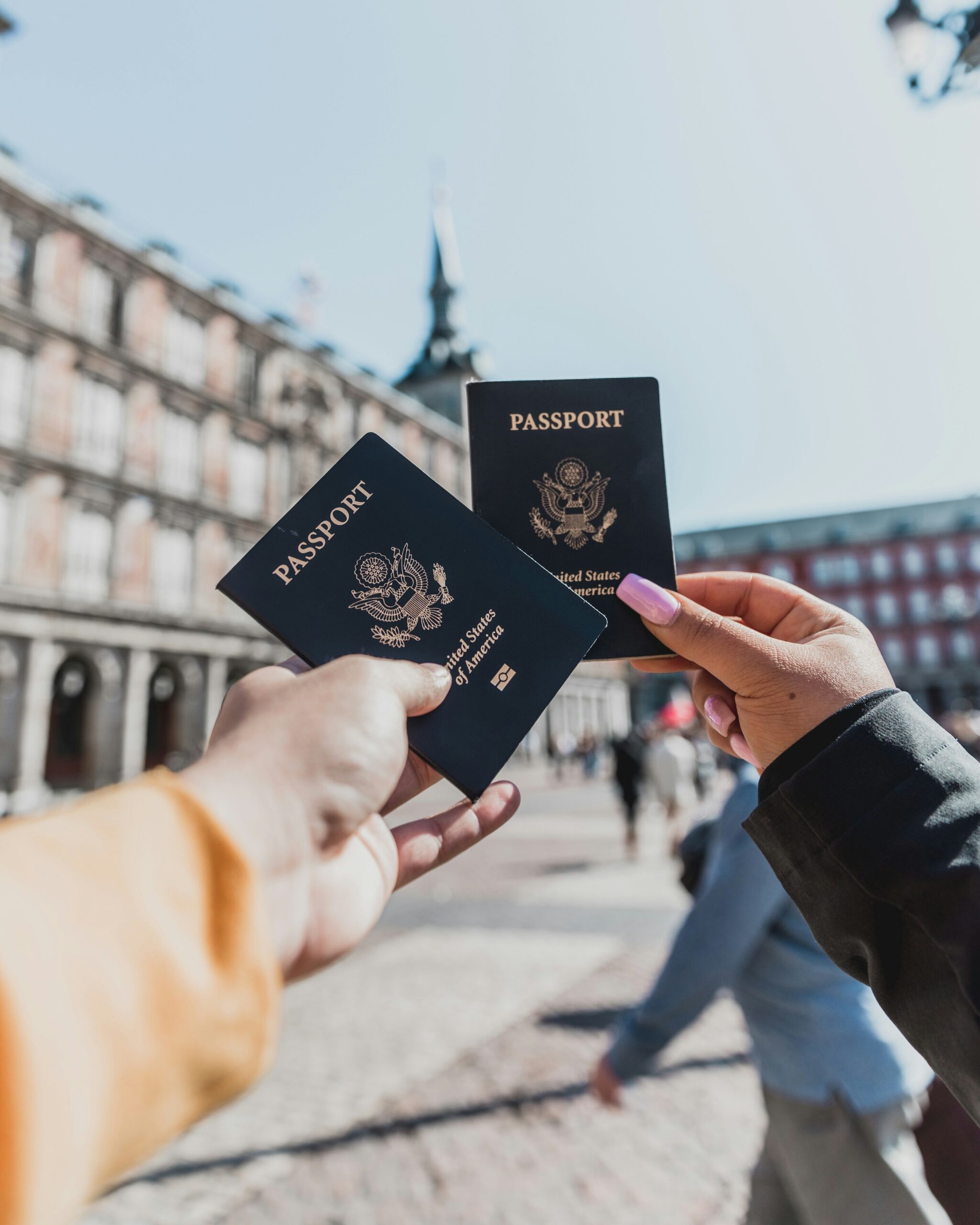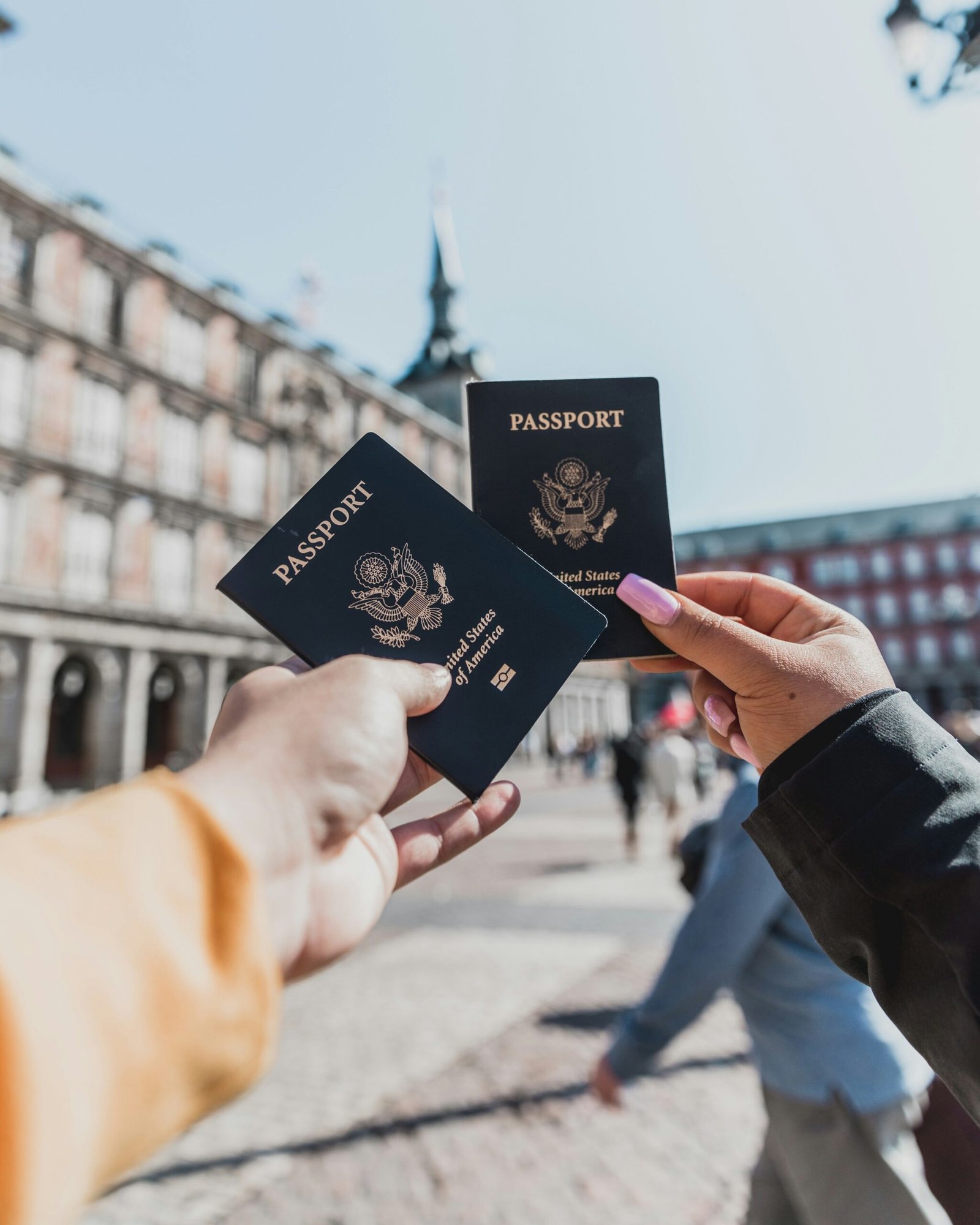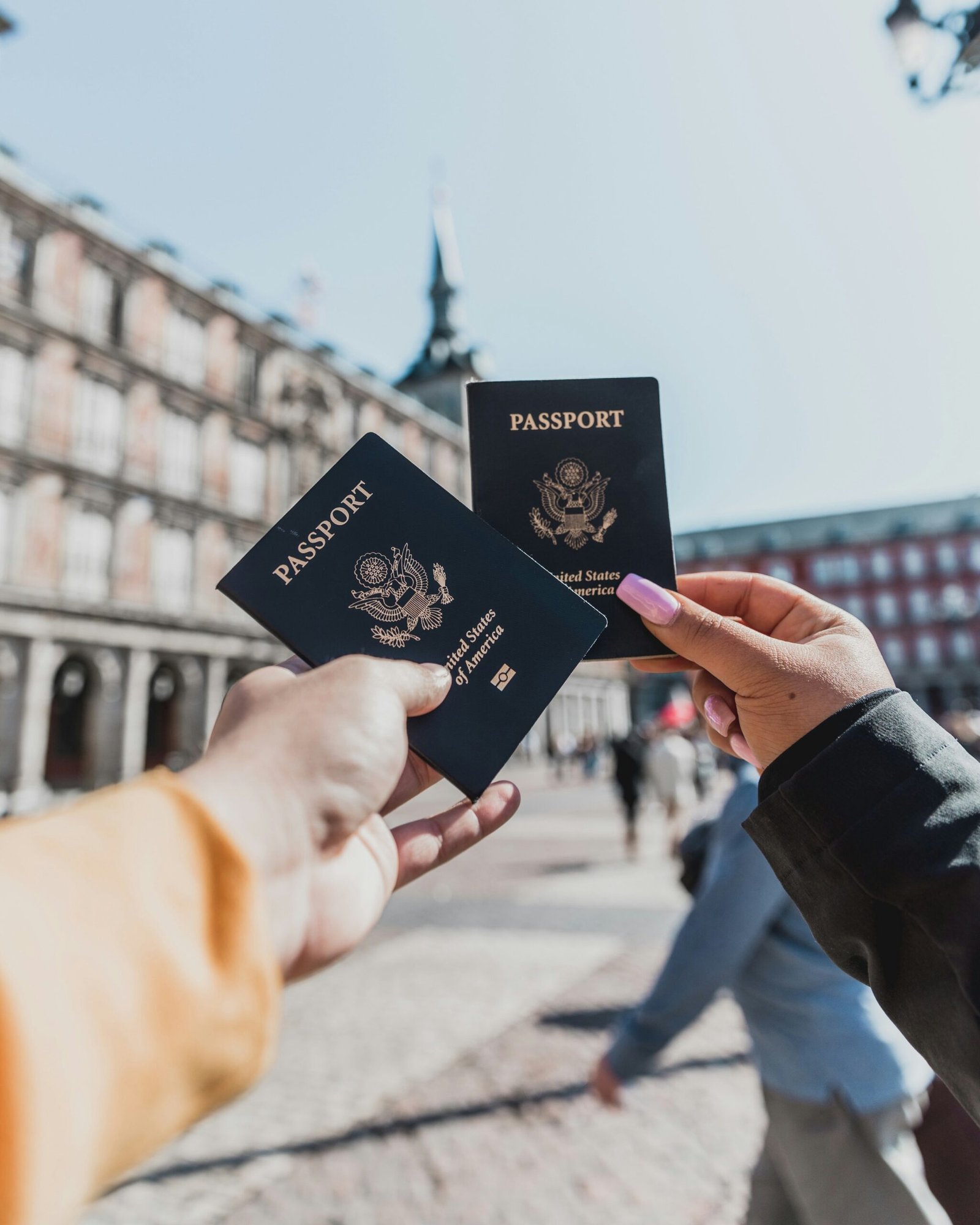
What to Do If Your Passport is Lost Abroad During Traveling
What to Do If Your Passport is Lost Abroad During Traveling Traveling abroad can be an exciting and enriching experience, but it can also come with unexpected challenges. One such challenge is the unfortunate event of losing your passport while you are away from home. Losing your passport can be a stressful situation, but it is important to stay calm and take the necessary steps to resolve the issue. In this article, we will guide you through the process of what to do if your passport is lost abroad during your travels. What to Do If Your Passport is Lost Abroad During Traveling READ MORE
1. Report the Loss : What to Do If Your Passport is Lost Abroad During Traveling
The first step is to report the loss of your passport to the local authorities. Visit the nearest police station or embassy and explain the situation. They will provide you with a police report or a loss statement, which will be required for obtaining a new passport.
2. Contact Your Embassy or Consulate : What to Do If Your Passport is Lost Abroad During Traveling
Once you have filed a police report, contact your embassy or consulate in the country you are visiting. They will assist you in obtaining a new passport and provide guidance on the necessary steps to take. Be prepared to provide them with your personal information, such as your full name, date of birth, and passport number, if available.
3. Apply for a New Passport : What to Do If Your Passport is Lost Abroad During Traveling
After reporting the loss and contacting your embassy or consulate, you will need to apply for a new passport. The process may vary depending on the country you are in, so it is best to follow the instructions provided by your embassy or consulate. They will guide you through the application process and inform you of any required documents, such as passport-sized photos and proof of identity.
4. Obtain a Temporary Travel Document : What to Do If Your Passport is Lost Abroad During Traveling
While waiting for your new passport to be issued, you may need to obtain a temporary travel document to continue your journey or return home. Your embassy or consulate will assist you in obtaining this document, which will allow you to travel until your new passport is ready.
5. Inform Your Travel Insurance Provider : What to Do If Your Passport is Lost Abroad During Traveling
If you have travel insurance, it is important to inform your insurance provider about the loss of your passport. They may be able to provide assistance or coverage for any additional expenses you may incur due to the loss.
6. Take Precautions for Future Travel : What to Do If Your Passport is Lost Abroad During Traveling
While it is impossible to predict or prevent the loss of a passport, there are precautions you can take to minimize the impact. Before traveling, make copies of your passport and keep them in a separate location from your actual passport. Additionally, consider storing a digital copy of your passport in a secure cloud storage service or email it to yourself, so you can access it from anywhere in case of an emergency.
It is also a good idea to familiarize yourself with the contact information of your embassy or consulate in the countries you plan to visit. This way, you will have the necessary information readily available if you ever need to contact them.
Conclusion : What to Do If Your Passport is Lost Abroad During Traveling
Losing your passport while traveling abroad can be a stressful experience, but by following the steps outlined above, you can navigate through the situation with relative ease. Remember to stay calm, report the loss to the local authorities, and contact your embassy or consulate for assistance. By taking the necessary precautions and being prepared, you can minimize the impact of losing your passport and continue to enjoy your travels.

